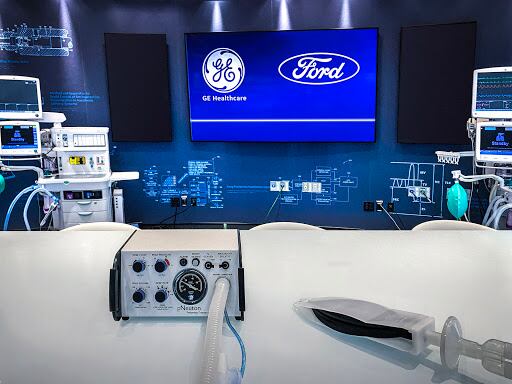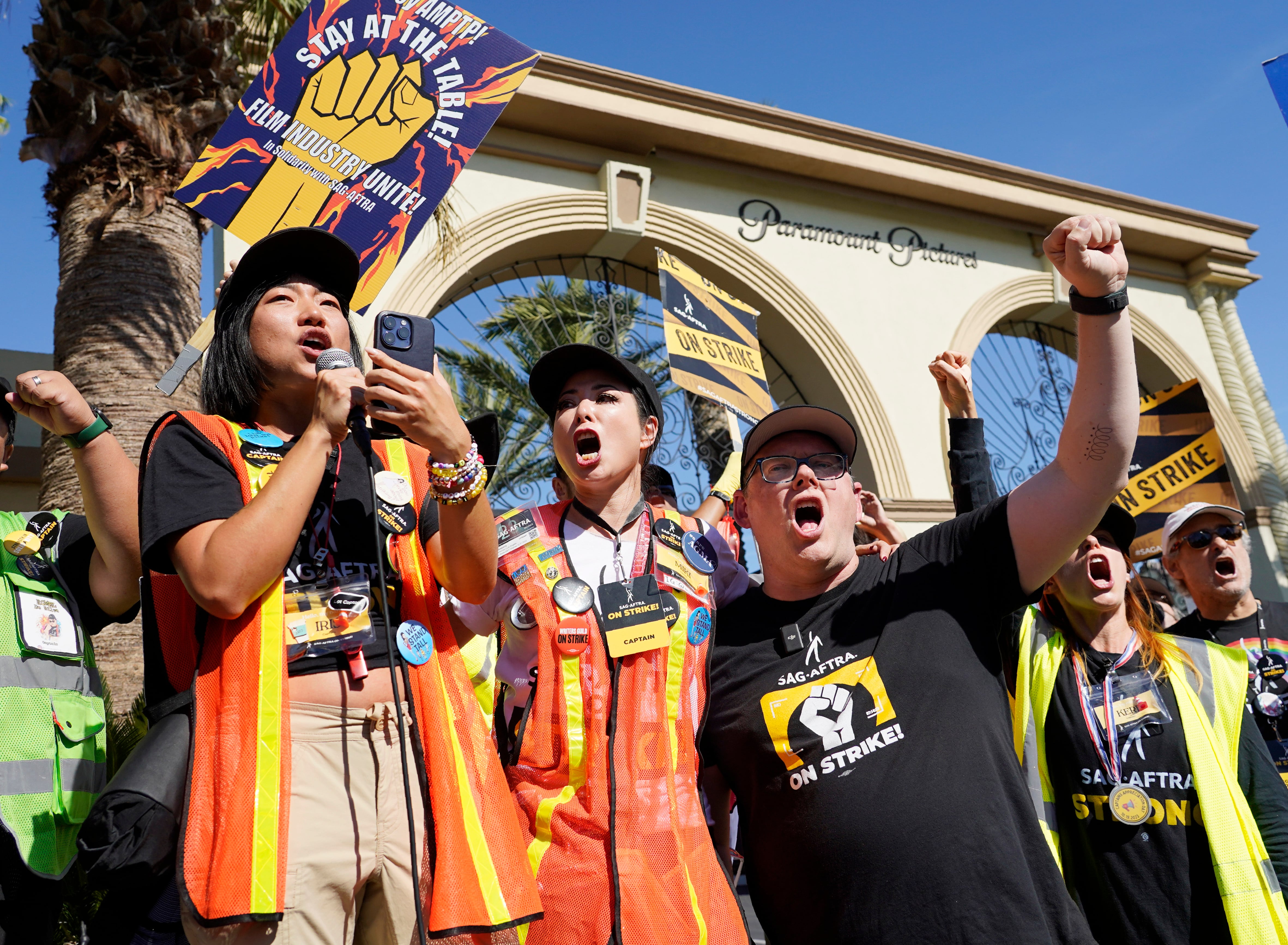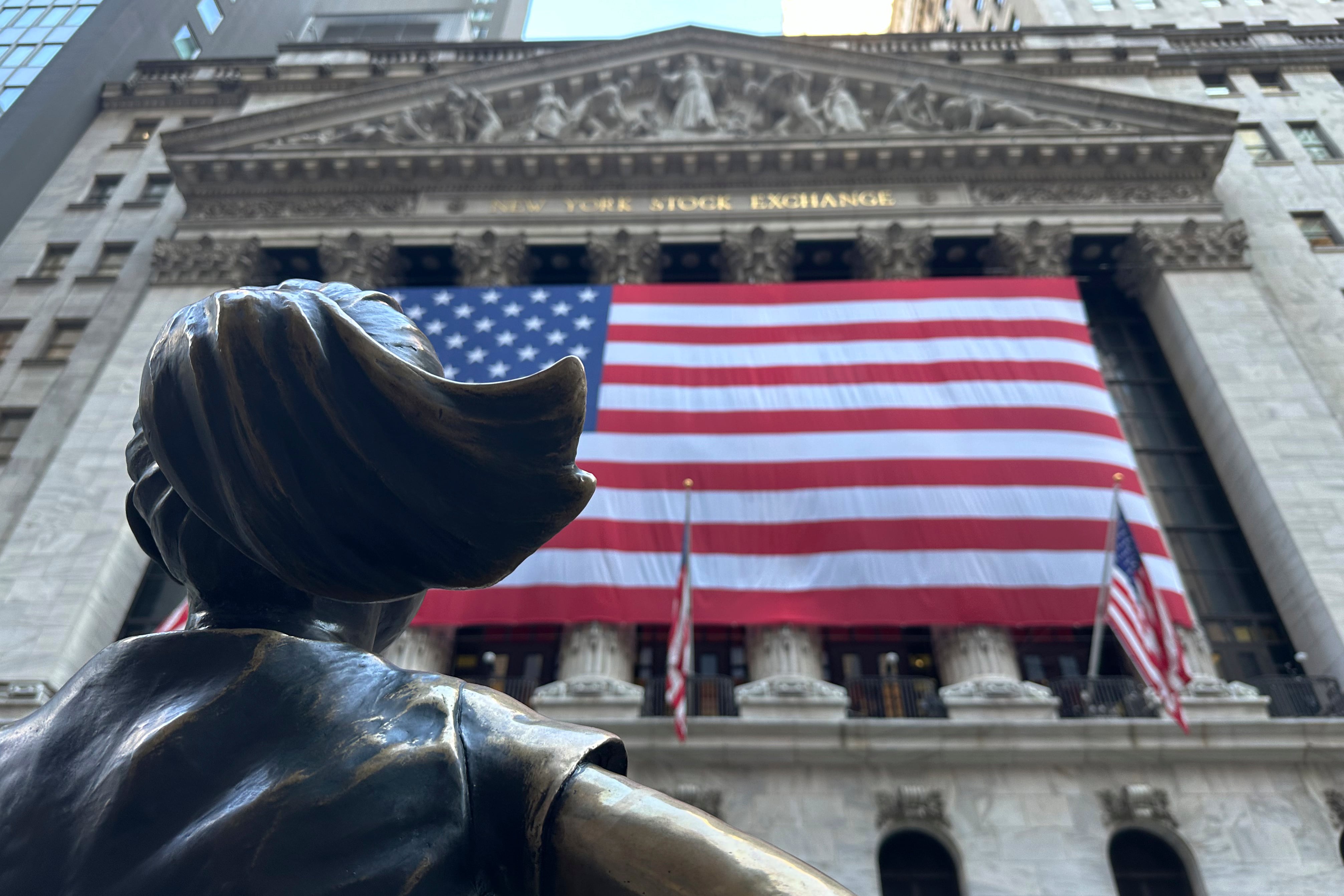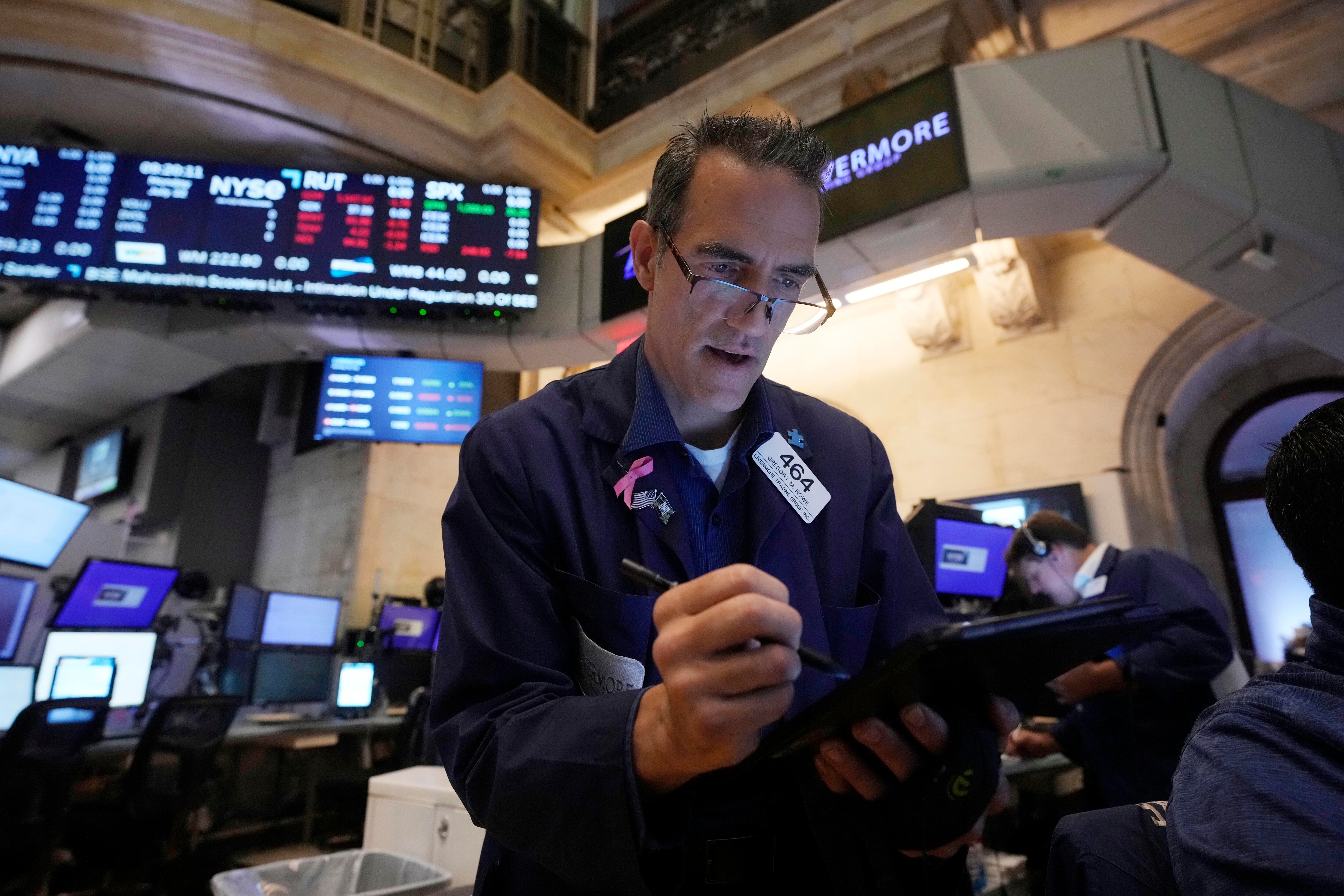Ford is teaming up with GE Health to produce ventilators as the United States faces a shortage of these critical machines.
The automaker revealed that it will be able to produce 50,000 ventilators in the next 100 days. The ventilators' design has been simplified by the private medical company Airon for easy set-up and quick usage in emergency settings.
Jim Baumbick, vice president of enterprise product line management at Ford Motor Company, told Cheddar Wednesday that ford brings its manufacturing acumen to the table in this partnership.

"Many of these medical supply companies that make these units operate at much lower volumes … 3,000 to 5,000 a year," Baumbick said. "We know how to do high-volume manufacturing at scale, at quality, and they know how to do medical devices."
Ford will begin using its manufacturing plant in Michigan on April 20 to produce the ventilators. But the automaker is already hard at work producing 3D-printed disposable respirators and has shipped out half a million face shields for medical professionals on the front lines.
Baumbick says Ford is working with 3M to scale up this production.
"In just a matter of days, we've been able to boost production from 30 to 40 percent to get more of this equipment to the people that need it the most," he said.
The assembly lines putting together the personal protective equipment (PPE) are filled with volunteers from the United Auto Workers union.
"We have had a huge amount of volunteers that have come forward," Baumbick said. "Our UAW partners, which are outstanding, are going to actually support us."
While the workers wear a lot of the PPE they're helping to produce, Ford is looking at ways to employ technology to monitor the health and safety of employees as the companies produce at a rapid clip.
"We wanted to move quickly. Time is really the enemy here and the need is so great," the Ford executive added. "We just want to make sure we're doing everything possible to help."












